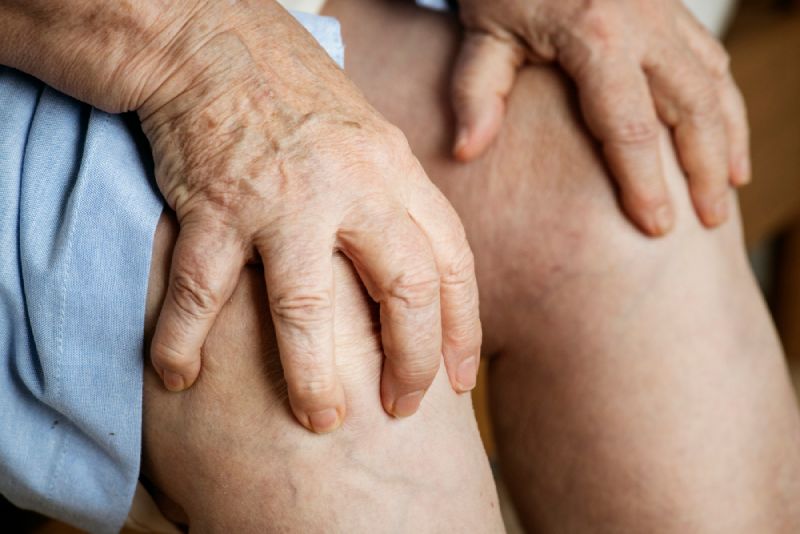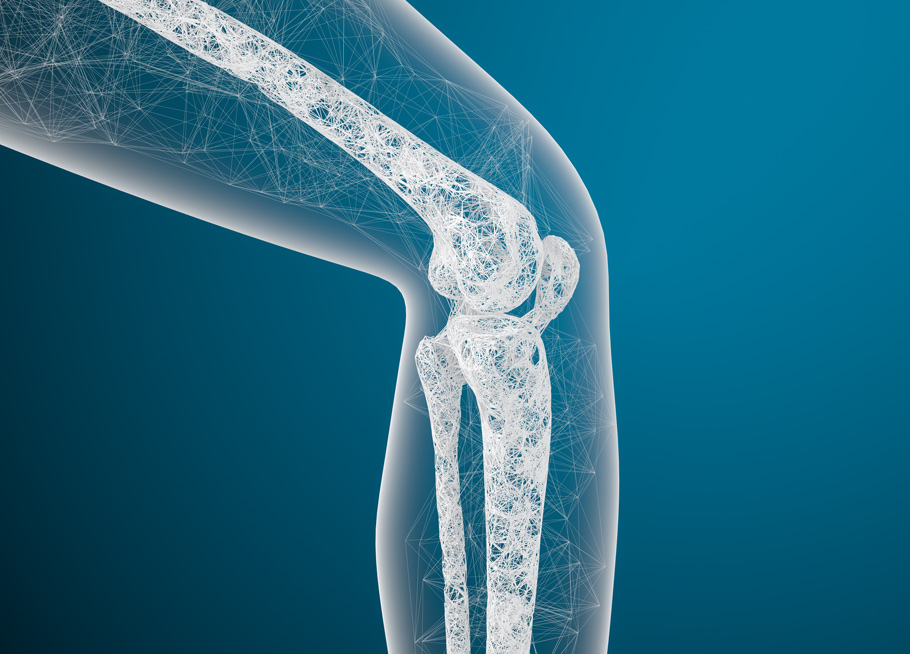
Psoriatic arthritis, if not properly managed, can lead to serious joint damage and physical disability over time. This form of arthritis causes inflammation in the joints that can lead to pain, stiffness, swelling, and potentially permanent joint damage.
The term “crippled” is often considered outdated and inappropriate when referring to disability, as it has negative connotations and may perpetuate stigma. It’s more accurate and respectful to say that someone has limited mobility or is physically disabled.
The severity of psoriatic arthritis and its impact on mobility varies widely from person to person. Some people experience relatively mild symptoms, while others may experience severe symptoms that significantly affect their mobility and quality of life.
Early detection and treatment of psoriatic arthritis is crucial to help manage symptoms and prevent long-term damage. There are a number of treatment options available, including nonsteroidal anti-inflammatory drugs (NSAIDs), disease-modifying antirheumatic drugs (DMARDs), and biologic therapies, which can help manage inflammation, slow disease progression, and improve quality of life.
It’s important to remember that psoriatic arthritis is a chronic condition that can’t be cured, but it can be managed effectively with appropriate treatment and care. Regular exercise, a balanced diet, adequate rest, and stress management can also help manage symptoms and maintain overall health.
Can Psoriatic Arthritis Make you Unable to Walk?
Psoriatic arthritis can cause significant joint pain and swelling that may affect your ability to walk comfortably or normally. In severe cases, ongoing inflammation can lead to joint damage, which can further limit mobility.
Psoriatic arthritis can affect any joint in the body, but it most commonly affects the joints in the fingers and toes, as well as the wrists, knees, ankles, and lower back. If it affects your lower body joints like the knees, ankles, or feet, this could make walking difficult.
However, it’s important to remember that the severity of psoriatic arthritis can vary greatly from person to person. Some people may experience only mild symptoms, while others may have severe symptoms. Also, the disease can be characterized by periods of flare-ups (when symptoms become worse) and remissions (when symptoms improve).
The good news is that there are effective treatments available for psoriatic arthritis, including nonsteroidal anti-inflammatory drugs (NSAIDs), disease-modifying antirheumatic drugs (DMARDs), and biologic medications, that can help manage symptoms, reduce inflammation, slow down the progression of the disease, and maintain mobility and quality of life.
Does Psoriatic Arthritis Make Your Legs Weak?
Psoriatic arthritis can cause a range of symptoms that might potentially contribute to feelings of weakness in your legs. Inflammation of the joints in the knees, ankles, or feet can lead to pain and stiffness, which could make your legs feel weak or difficult to use. Over time, if the inflammation is not well controlled, it can lead to joint damage, which can further limit mobility and strength.
Additionally, some people with psoriatic arthritis experience fatigue as a symptom of their condition. Fatigue can cause generalized weakness and can make physical activities more challenging.
Moreover, some medications used to treat psoriatic arthritis may have side effects that could contribute to feelings of weakness or fatigue.
It’s important to remember that while these are potential manifestations of psoriatic arthritis, not everyone with the condition will experience these specific symptoms. The expression of psoriatic arthritis can vary widely from person to person.
If you have psoriatic arthritis and are experiencing weakness in your legs, it’s important to talk with your healthcare provider. They can evaluate your symptoms, assess your current treatment plan, and make changes as needed to help manage your symptoms. They might also recommend physical therapy, which can help to improve strength, flexibility, and overall function.
Article by Dr. Naveen Bhadauria



